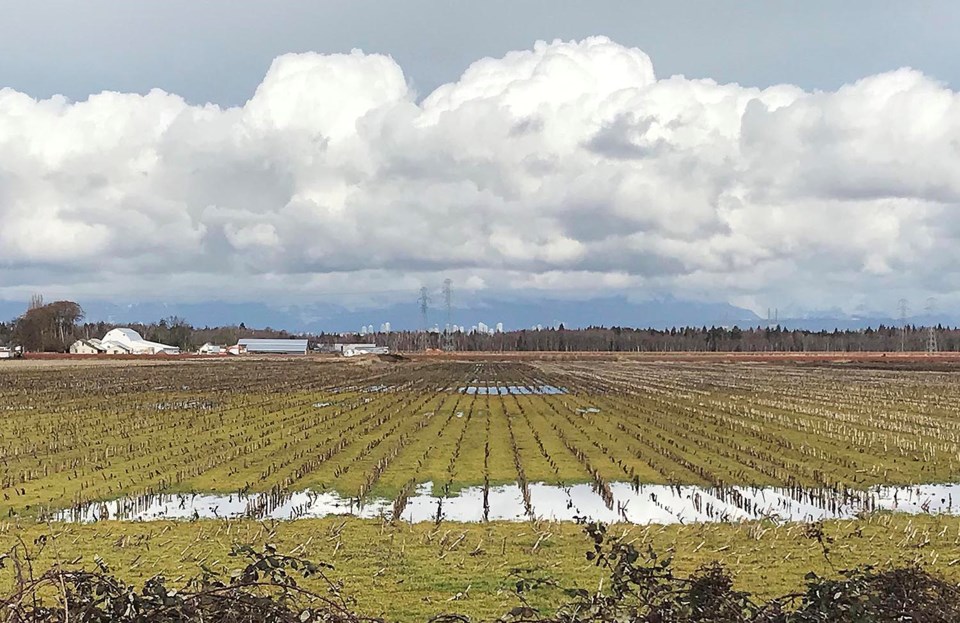The Delta Farmland and Wildlife Trust (DFWT) is partnering with the province on projects to improve soil health and mitigating the effects of climate change.
The provincial government on Sunday announced $150,000 in funding to provide educational support and funding for specific programs that promote the sustainable use of agricultural land.
Those programs include, among other things, the DFWT’s grassland set-aside and winter cover crop programs, as well as the blueberry rest program, which will offer financial assistance to blueberry growers who remove fields that have become unproductive due to scorch virus.
The funding will also be used for climate-focused soil health educational materials featuring annual field tours, printed resources and online content.
“Through climate-focused initiatives like regenerative agriculture, we are strengthening the legacy of complex ecosystems like the Fraser River estuary. The importance of soil health is front of mind as we work towards creating a strong and secure future for Richmond/Delta farmers and wildlife alike,” said Christine Schmalz, DFWT executive director. “We are pleased to partner with the Ministry of Agriculture and Food to support farmers in implementing regenerative practices. The funding will result in hundreds of acres of winter cover crops within the Fraser River estuary.”
Regenerative agriculture is a strong defence against the effects of climate change and will help ensure a resilient ecosystem, while strengthening local food security, said Lana Popham, Minister of Agriculture and Food.
Delta North MLA Ravi Kahlon said by working with local organizations like the DFWT to implement regenerative agriculture practices, the rich soil of farmland surrounding the Fraser River estuary can be maintained.
The DFWT receives funding from several sources including an annual grant from the City of Delta.
Council this September approved another $50,000 grant.
In previous years, the City of Delta contributed $15,000 annually, but in 2019, council approved a four-year funding program of $50,000 a year with 2022 being the final year.
For the 2022/23 program year, the funding will allow the planting of 3,500 acres of cover crops and grasslands for winter fields, while between 375-to-675 acres of grass forage fields will be improved.
DFWT also received a grant from the federal government in November for $260,000.



